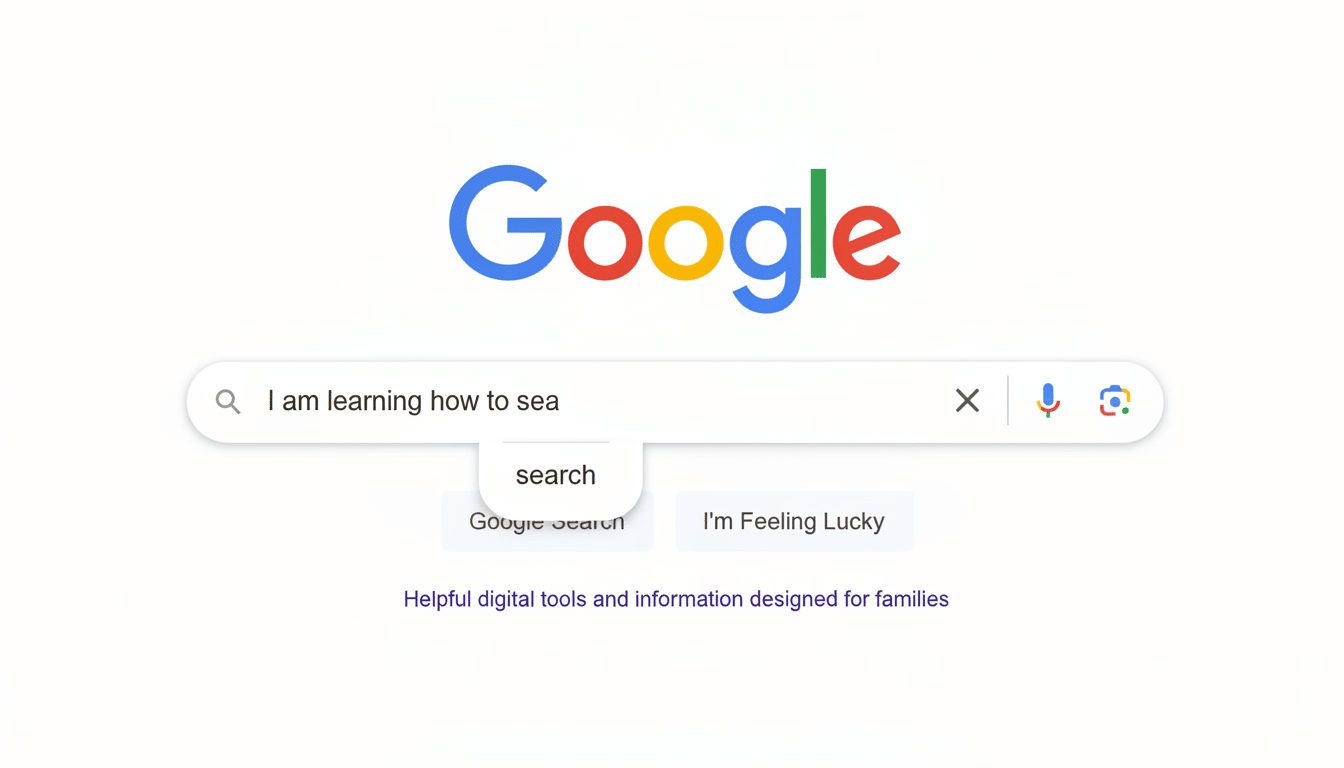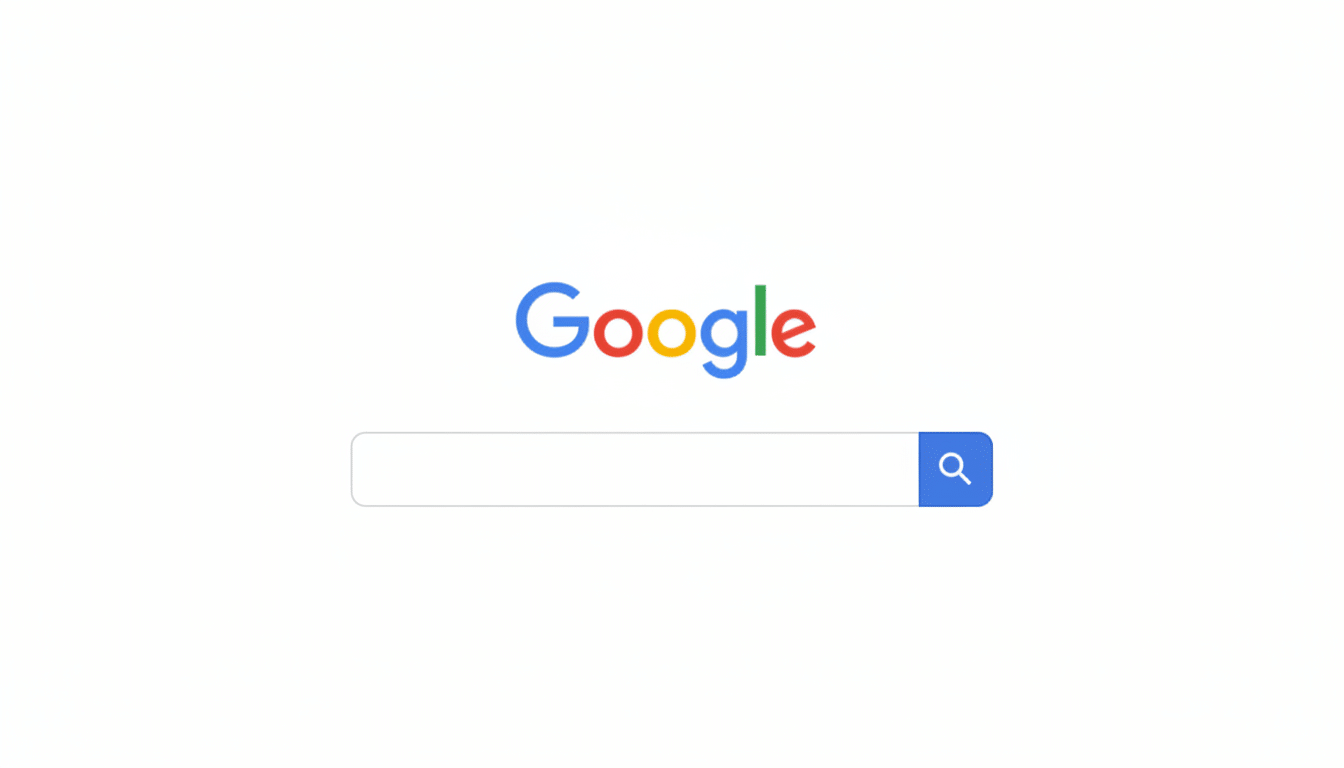The European Commission has opened an antitrust inquiry to see if Google, by imposing a “site reputation abuse” policy, unfairly reduces the visibility of publishers in search results, particularly when they carry content from commercial parties. Regulators say early indications are that the policy will penalize a widespread, lawful monetization technique and could limit publishers’ commercial freedom to operate, innovate, and partner with third-party content providers.
What Brussels Is Trying to Find Out in Google Probe
At the heart of it is a policy that Google has been aiming directly at what is called “parasite SEO,” where third-party content — be it coupons, product reviews, or casino guides — winds up featured on high-authority domains to catch a ride off those sites’ search reputation. The Executive Vice-President’s letter seeks to understand if strict enforcement of the policy has pushed down news and publishers’ sites’ legitimate partner content, and whether Google is, as a gatekeeper under the DMA, acting transparently and without discrimination.

Under the DMA, the EU will have more say over “core platform services” for players like Google Search. If the Commission determines that violations have occurred, it can impose fines of up to 10% of Alphabet’s worldwide annual turnover and order remedies including behavioral reforms and even structural ones in the event of systematic noncompliance.
The legal framing is important because Google has an overwhelmingly large presence in European search. StatCounter data typically estimates Google’s market share in the EU near 90 percent. That level is high enough to alter publisher discoverability and ad revenue.
Why Publishers Say Rankings Fell Under Google Policy
Publishers have long combined original reporting and partner-led formats such as commerce content, affiliate reviews, and sponsored pages that live in subdirectories or on subdomains. Industry groups including the European Publishers Council and News Media Europe have cautioned against sudden demotions for these pages: it can effectively wipe away a meaningful portion of search traffic overnight — traffic that often cross-subsidizes newsroom operations.
Analytics providers have demonstrated time and again just how dominant a role search plays in publisher distribution. Parse.ly has found that search typically drives about a third of external referral traffic for media sites, a percentage that can rise higher still for evergreen content. The Reuters Institute has also observed that search is still an important vehicle for finding news among many people. When partner content gets swept into anti-spam filters, the impact on revenue is immediate:
- Reduced impressions
- Lower conversions
- Slimmer margins for teams running commerce desks or audience development
Publishers also cite uncertainty and limited recourse. When automated processes and policies come down with little notice or explanation, it can be hard for editors to easily tell what crosses the line from content that genuinely violates spam standards and clear, reader-first service journalism. The Commission is expected to investigate whether internal appeals and guidance give publishers sufficient clarity on how to comply without destroying legitimate business models, they added.

Google’s Defense and a Prior Court Signal in Germany
Google says the policy is aimed at bad behavior, not legitimate joint efforts. The company claims it’s saving users from low-value, pay-for-placement pages that co-opt the authority of trusted brands to undercut sites like those with original, expert content. Executives say the rules are enforced consistently and are necessary to maintain search quality, as spam techniques become more advanced.
The company has also cited a decision by a German court that rejected such a challenge, concluding the anti-spam policy is “reasonable and applied in good faith.” National decisions don’t settle EU-broad questions under the DMA, but the case provides Google a benchmark as it contests enforcement decisions based on quality standards instead of competition self-interest.
What Could Change for Publishers, Users, and Google
The Commission may drive more precise specification of the thresholds that separate spam from legitimate partner content, stronger pre-notification and appeals processes in rankings demotion cases with material commercial effects, and granular transparency around ranking shifts where they impact revenues.
It may also run tests to determine if Google’s enforcement hits publishers in some categories, such as regional news, lifestyle, or voucher content, harder than others, and what alternative routes to compliance that still maintain user trust but without knee-capping their monetization are possible.
Regulators will judge these questions in light of the DMA’s wider goals, which are to stop gatekeepers from imposing opaque rules preventing business users from accessing end customers. The stakes are high for publishers. For Google, a ruling against it could trigger rapid remedies and even shift how partner content is disclosed, structured, and indexed throughout Europe. For Google, the case is a stress test of its capacity to keep spam in check at scale, complying with strict non-discrimination and transparency obligations.
The result of the case is likely to echo throughout the web economy. If the EU forces new disclosures or process requirements, publishers could also have steadier traffic and clearer guardrails around what are allowable partnerships. If Google’s approach is followed, the company will double down on its antispam stance — and publishers will begin to tighten partner programs in ways that further raise the bar for originality, labeling what’s out-in-public branding even more clearly as such and establishing that users have nowhere else makes them click.

